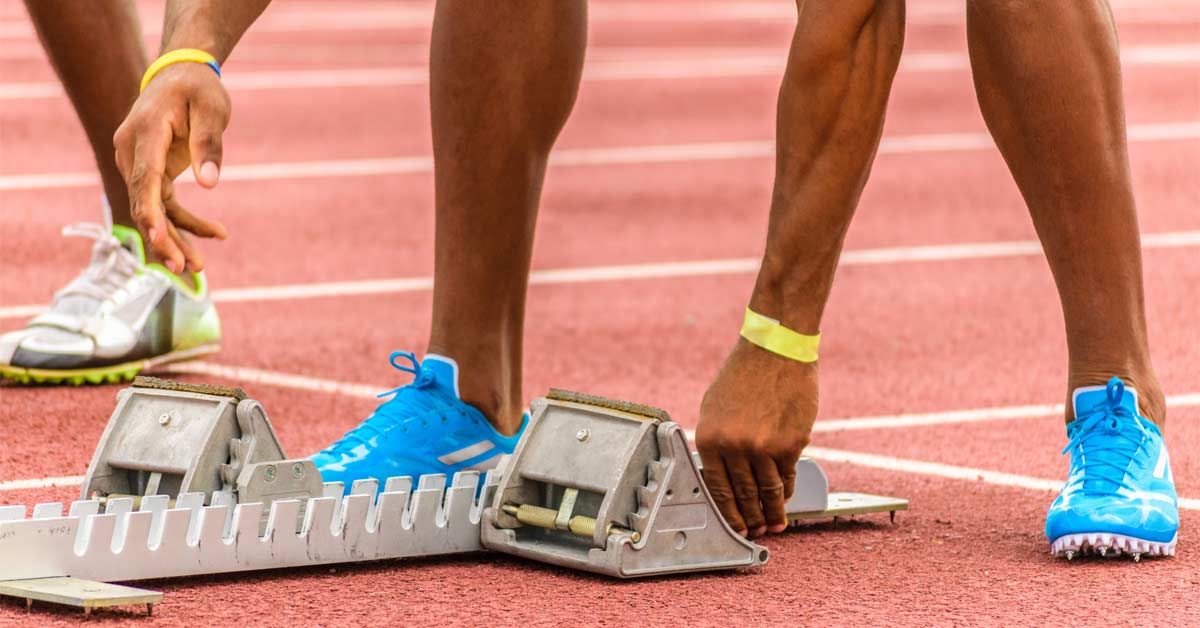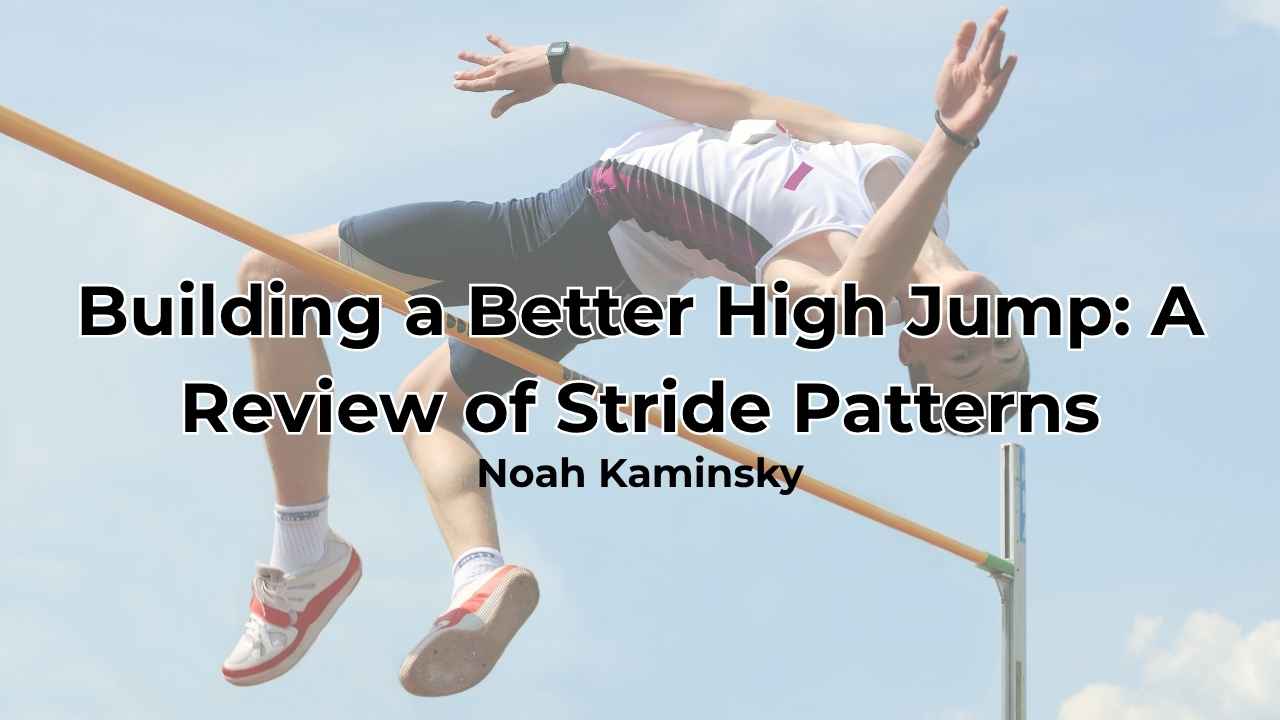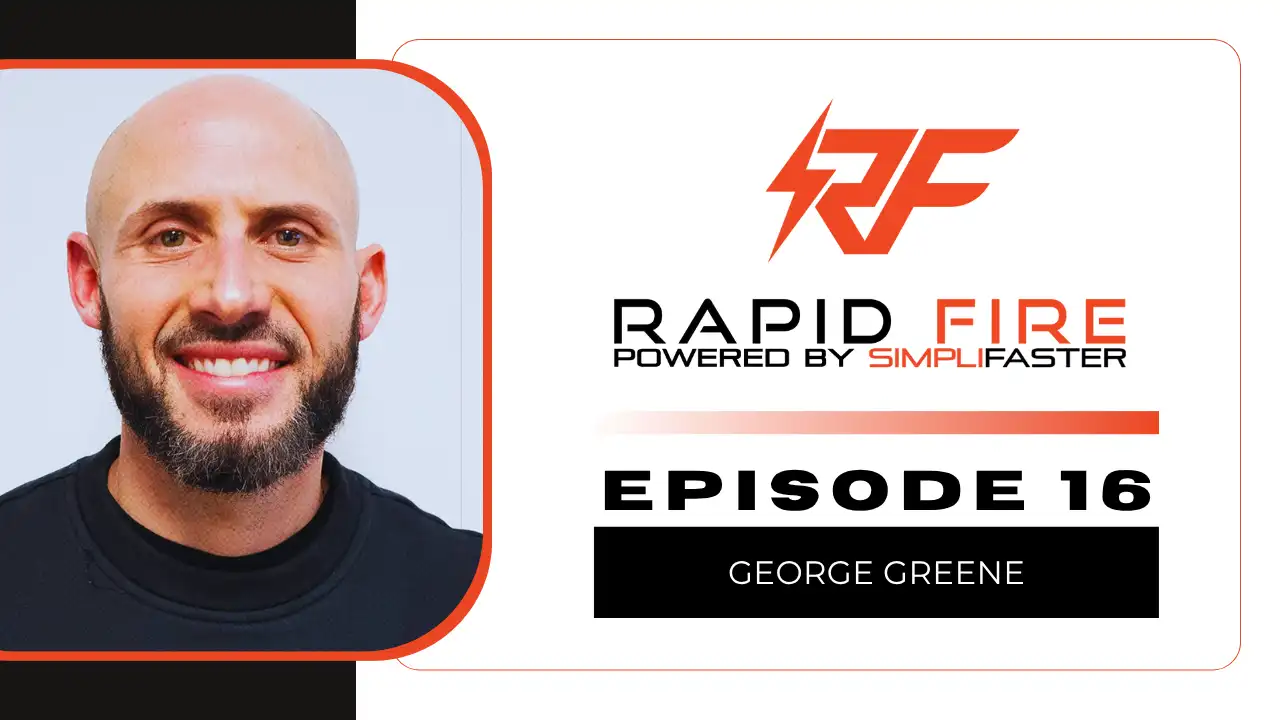Bianca Knight didn’t even know what the lanes were for when she went to her first track practice at the age of 12, but she beat everyone anyway. Before long, she dominated the Mississippi—and national—high school scene. By the time she graduated from Ridgeland High School in 2007, she had won 15 individual state titles at 100m, 200m, and 400m, among her 23 overall, including relays. Bianca would also own state high school records at 100m and 200m and be the first Mississippian to be named Gatorade National Girls Track & Field Athlete of the Year. And she is the 2005 World Youth Champion at 100m as well.
After a semester running for the University of Texas, which she still attends, Bianca broke Veronica Campbell-Brown’s collegiate record for 200m indoors when she won the national title in 22.40. Deciding to focus her full athletic attention on training for the 2008 Olympic team, Bianca turned pro, and in her professional debut, she ran 22.62 seconds to defeat Campbell-Brown at 200m in the Jamaica International Invitational. She set her 200m PB in winning the Reebok Grand Prix and lowered her 100m PB in the quarterfinals of the Olympic Trials.
Freelap USA: You obviously experienced international success as an athlete and are currently a world record holder. When did you believe that you would be an Olympian? Was this something you wanted but didn’t know was possible or were you convinced at an early age that this would be your destiny?
Bianca Knight: Most people find it hard to believe, but my dream of wanting to become an Olympian didn’t happen until 2007, the year before I went to college. The Beijing Olympics was coming up, and I thought “hey, that would be cool to represent Texas at the Olympics next year.” Before then, I never really thought much about it at all, even though I made my first international team at 15.
Being an Olympian became a reality for me after dominating the collegiate scene as a freshman. The transition from high school to college was seamless, and with the Olympics coming up, I believed that I was ready to move on to the next level and begin my Olympic campaign.
Everyone knows that Team USA is the hardest team to make, so given what I know now, while I believed I could become an Olympian, I had no idea how hard it actually is to achieve. I missed that team in 2008, and after that experience, I made up my mind not to miss the next one. And I didn’t. I made the London team and came back with a gold medal and a world record to match.
Freelap USA: Your app is literally designed to help ensure athletes are performing and have access to training advice. What is your goal and purpose with the app you recently launched?
Bianca Knight: Two of the main obstacles faced by young track and field athletes are lack of knowledge on how to improve and accessibility to that knowledge. BK Trackstars is designed to help coaches and athletes train more intuitively, and to use the workouts feature to build an algorithm that gets to know the individual athlete and the types of workouts that work well for them and those that may need adjusting. The app is designed to promote evidence-based training, rather than just training by trial and error.
The purpose of the app is to provide coaches and young athletes with the kind of tools and resources that have only been available to tier one athletes.
The purpose of my app is to provide coaches and young athletes with the kind of tools and resources that have only been available to tier one athletes, says @MsBiancaAK. Share on XI have also created a web-based platform called E.L.I.T.E. Suite, which offers information about the sport, tips from elite athletes and coaches, training plans, and academic counseling, to work alongside the app. The two main resources of E.L.I.T.E. Suite are athlete development and college recruitment. I will be launching that soon.
The goal of the app is to give young athletes a greater opportunity to learn the process of becoming successful in track and field and a better chance of getting a college scholarship and degree using their talents. We want to level the playing field for kids all over the world.
Freelap USA: Injuries are part of the equation with sports. How have you communicated with young athletes in track and field to be patient when they may be struggling with a major or minor injury?
Bianca Knight: When speaking to kids about injuries, the first thing I stress to them is the importance of being hydrated and having functional warm-up routines. After that, it is honestly more about having a structured training program that incorporates injury prevention. A lot of times, the lack of structure and poor technique at the youth level is what causes injuries.
I encourage young athletes to understand when it is time to back off. Most young athletes have the mentality that they need to constantly push through pain, not realizing that in doing so, you increase your chances of turning minor injuries into major injuries. If you feel tightness and stiffness in certain places, don’t ignore that. Give yourself a little bit more time to stretch and warm up so that you can train and perform at your best.
Be proactive, not reactive. When you feel something, no matter how big or small, address it then. Don’t wait until something is hurting before you decide to do something about it. Also, doing small things at home can help prevent injuries and help heal the current ones.
Freelap USA: Share your experiences outside of track and field now that you are retired. With sports, everyone will retire early—has this caused unseen challenges with regrouping or was the transition easier than expected?
Bianca Knight: Initially, the transition was difficult. I spent a lot of time trying to figure out what to do next because I spent so much of my life doing this ONE thing. In the midst of figuring that out, I had my first child…and then my second. In between all of that, I did some public speaking events, volunteered at several high school track and field programs, and held track and field clinics. Doing that birthed the idea of my app and also showed me what my next “thing” would be: giving back to the sport that gave me so much. In essence, my transition out of the sport has been my transition back into the sport, to do the things that I am doing now.
I won’t say that this transition has been easy, but it has by far been the most rewarding. I enjoy being a mother, and I equally enjoy helping kids, along with their parents and coaches, to provide them with things that I wish I would have had coming up at the youth level.
I am so grateful for this opportunity to better the sport of track and field.
I enjoy helping kids, along with their parents and coaches, to provide them with things that I wish I would have had coming up at the youth level, says @MsBiancaAK. Share on XFreelap USA: You have coached athletes as well, trying to make sure they are on a path to long-term success. What do you do to keep them engaged without resorting to just making things fun without a sound training program? Kids have more and more distractions now. What is your secret?
Bianca Knight: I wanted to meet today’s kids halfway. When I competed as an Olympian in 2012, I was designated the most social media savvy of the entire United States Olympic team. So, I am truly a member of today’s generation, a generation that has so many choices that it is hard to focus on just one.
Most people are unaware, but I’m also currently taking courses through the National Academy of Sports Medicine, so I can ensure that everything I do with kids is balanced between my experiences and my knowledge about the “what and why” I am asking them to do certain things.
Any of these kids whom I’ve had the pleasure of training would attest to the fact that they had lots of fun and they learned a lot, but we also worked really hard. I never made things super serious, but I did train them with a purpose and helped them understand why I wanted them to do certain things in a certain way. They didn’t always like it, but they enjoyed seeing the outcome on meet day. Working with kids was another motivating factor for certain features inside of my app.
The quality of some of today’s games and mobile devices and platforms is unreal. Dynamic, colorful, exciting, and multifaceted are just a few words that apply. Then you have the sport of track and field, where there are little to no frills. Literally, if you pick ’em up and put ’em down faster, throw further, or jump higher or further than the next athlete, you win, and they lose. Hardly as dynamic as what these kids see on their phone every day.
So, when I created the app, I decided to incorporate some of the fun and excitement these kids are used to into what they are already doing, which is competing. Now, as they compete, their athlete rating is used to create a virtual competition almost like fantasy football. At the end of the season, athletes will compete on the track and in the field for rewards in the virtual space. It’s going to be really fun and exciting, and I cannot wait to speak more about that later on.
Since you’re here…
…we have a small favor to ask. More people are reading SimpliFaster than ever, and each week we bring you compelling content from coaches, sport scientists, and physiotherapists who are devoted to building better athletes. Please take a moment to share the articles on social media, engage the authors with questions and comments below, and link to articles when appropriate if you have a blog or participate on forums of related topics. — SF





